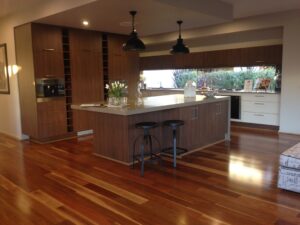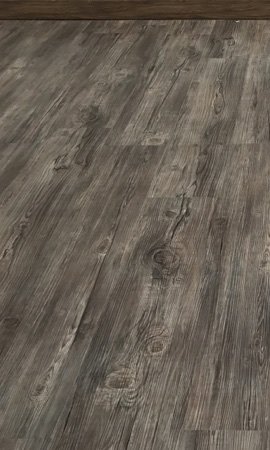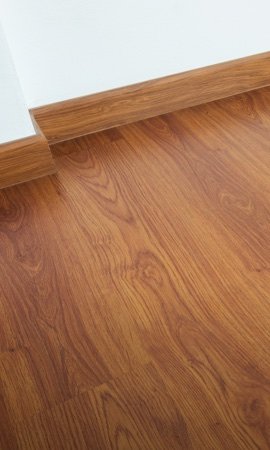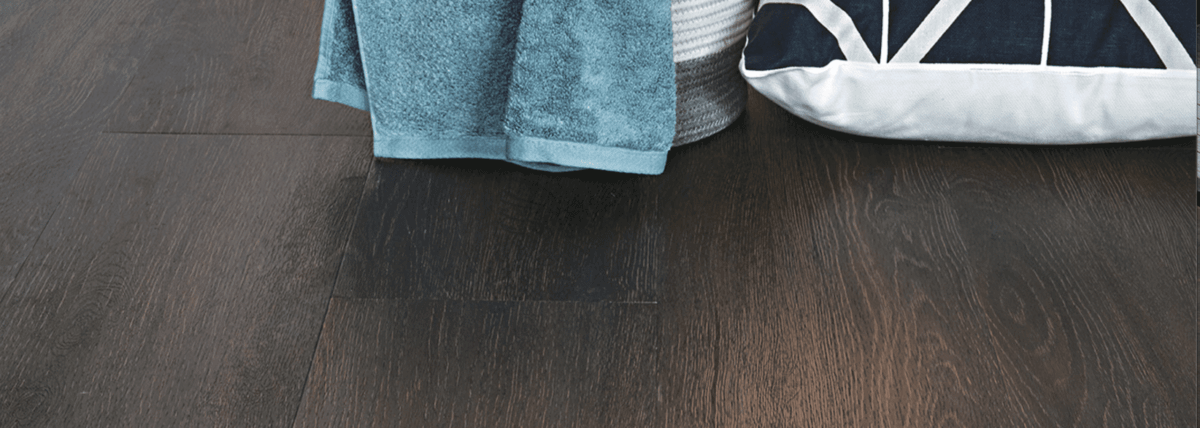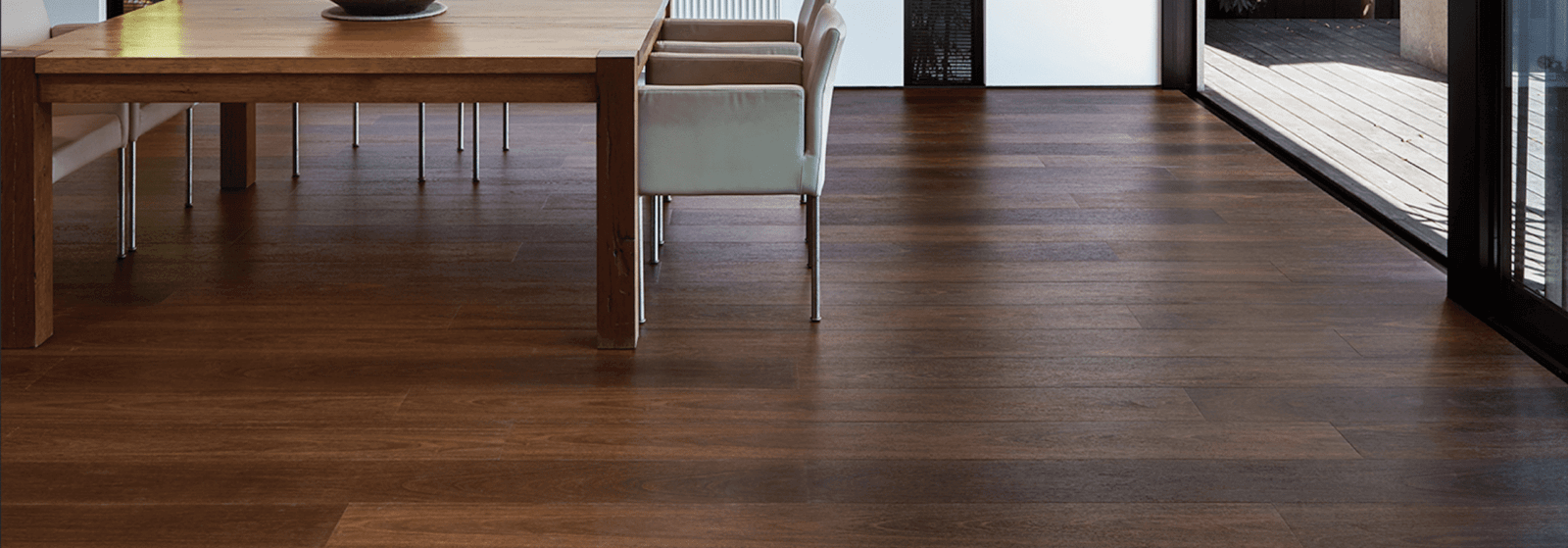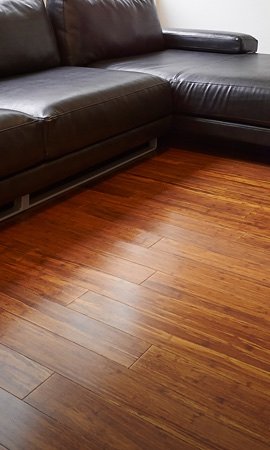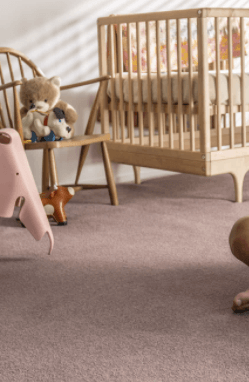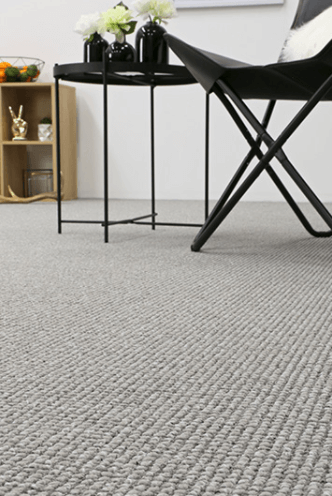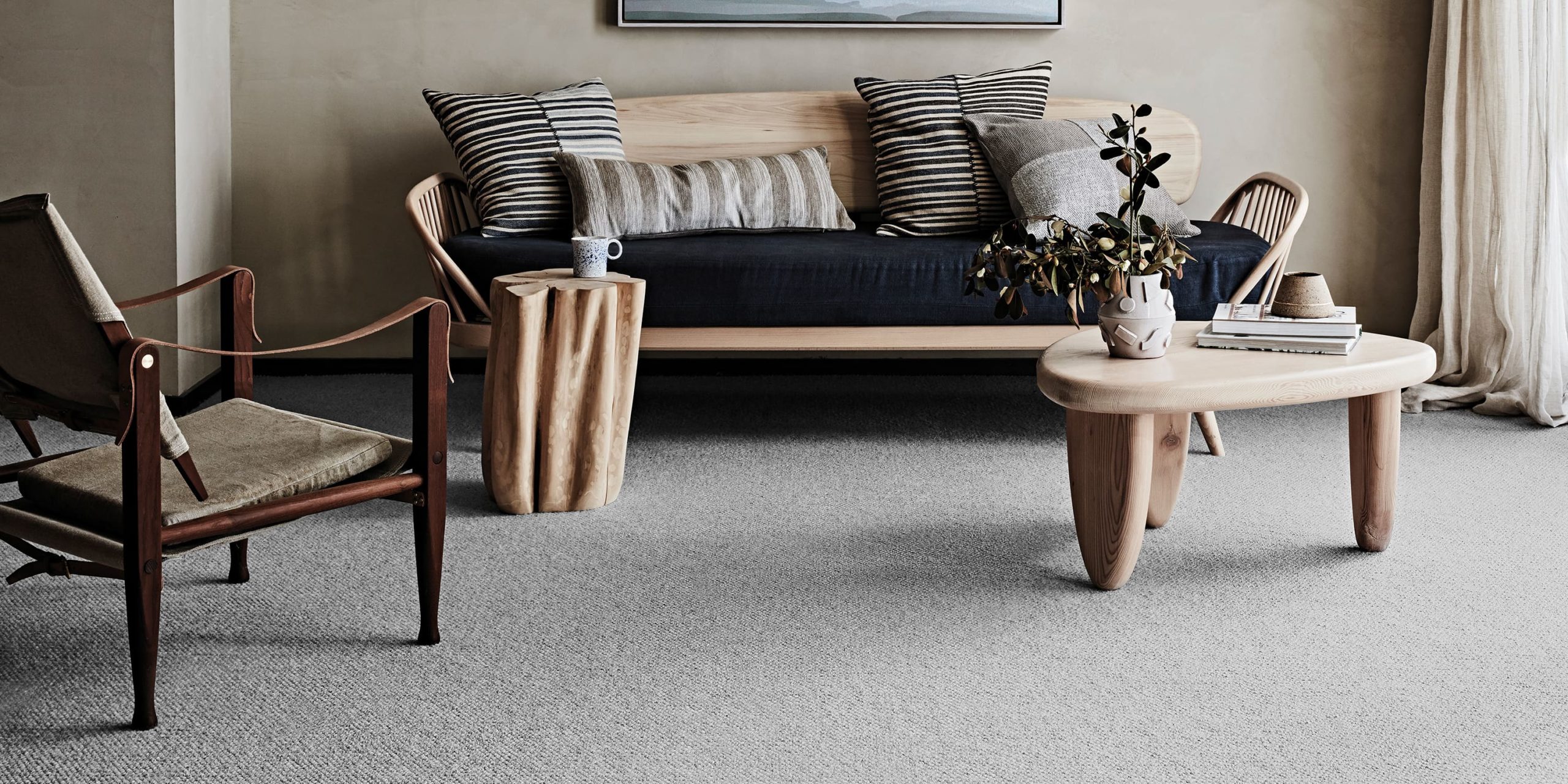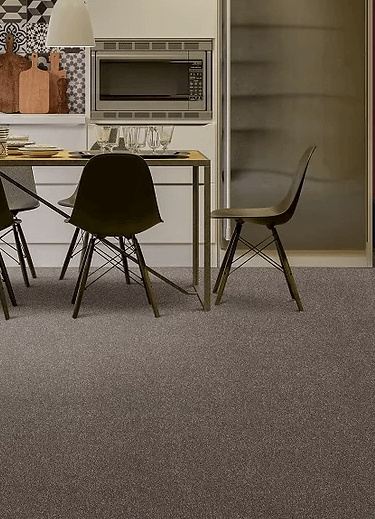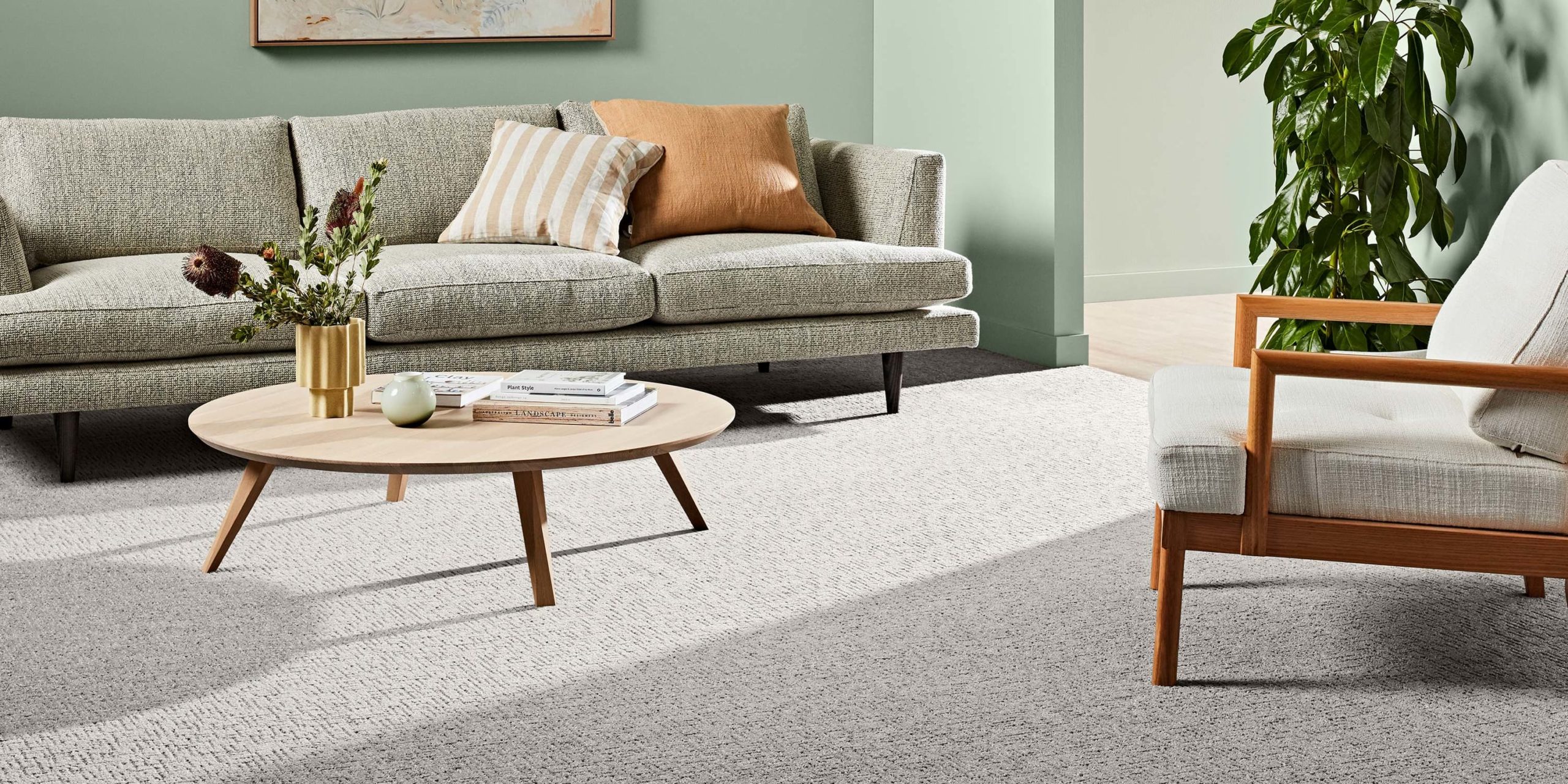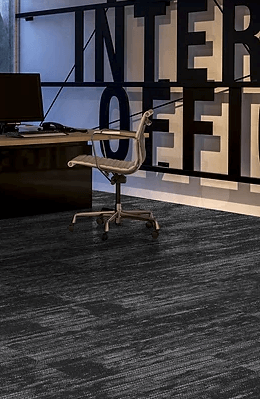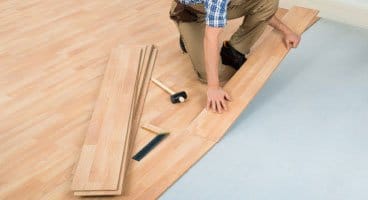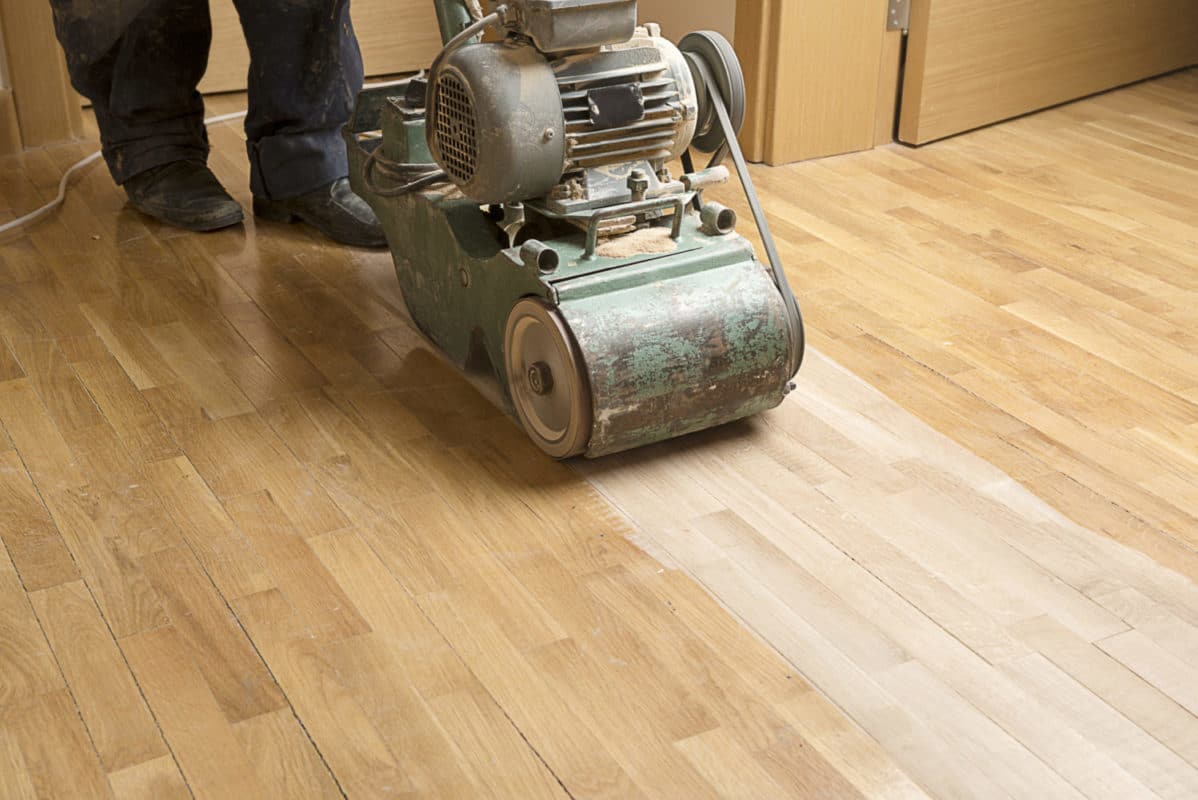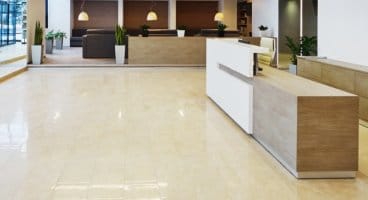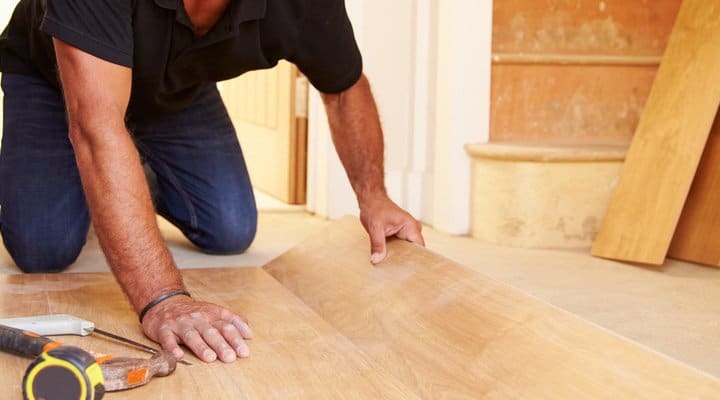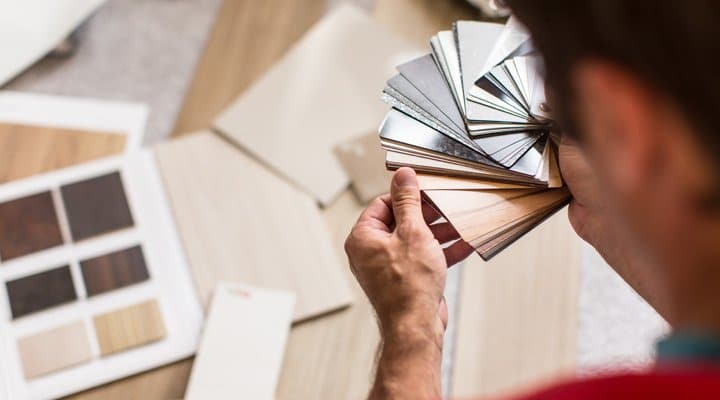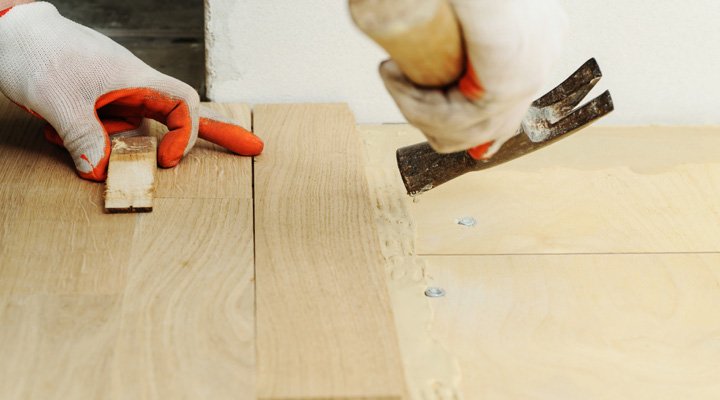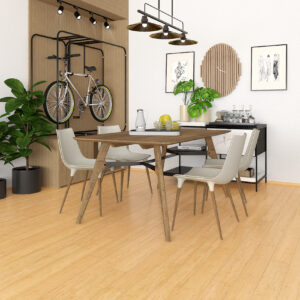

27 Jun Bamboo Flooring vs Hardwood Timber Flooring
Bamboo and hardwood timber flooring offer many benefits for the modern Australian home. Both planks have many natural properties which are desirable for any homeowner. While they may seem similar to start, there are many differences to take into consideration. We’ll explore those differences in this article, as well as each flooring’s strengths and weaknesses.
What Is Hardwood Flooring
Hardwood timber floors are cut using authentic lengths of wood to preserve the natural character and texture of timber. There are three main types of hardwood timber floors:
- Raw Solid Timber – This type of hardwood flooring is minimally processed. The floors are first installed into your home as raw lengths of wood, before being sanded, stained and coated. With this method, the planks must first be left in your home for at least three days to acclimatise.
- Pre-finished Solid Timber – With this method, the planks are finished in the factory before they are installed in your home. This saves time by mitigating the need to finish the planks in your home. You can view our prefinished colours here.
- Engineered Hardwood – A surface of real timber bonded to a plywood or waterproof base to reduce the material cost and increase stability against moisture. Engineered flooring are also easier to install as they can utilise the click-lock joining system.
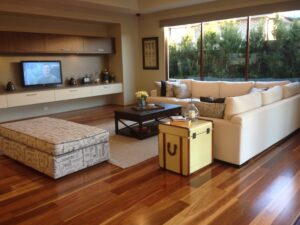

What Are Bamboo Floors
Bamboo floors are produced by utilising a rigorous process that involves shredding bamboo and pressing it together at high temperatures. The two main types of construction for bamboo flooring involves strand-woven solid bamboo floors and waterproof engineered bamboo flooring.
- Solid Bamboo Flooring – This type of bamboo floor is known as “Strandwoven”, made by weaving the bamboo together interlocked. Usually 14mm thick, these planks are very scratch and dent resistant.
- Waterproof Bamboo Flooring – Also known as “HydroPro Bamboo Flooring”, the waterproof range is made possibly by bonding a veneer of real bamboo onto a 100% waterproof base. This makes it immune to warping or swelling when exposed to moisture.
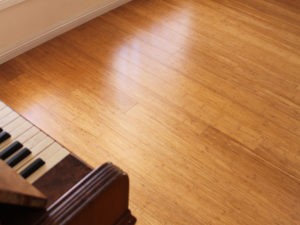

Direct Comparison Of Hardwood And Bamboo Flooring
Here is a basic run-down by looking at how these bamboo floors and hardwood timber floors compare in the fundamental areas:
Durability
Bamboo flooring is known for outstanding durability. These planks have a multi-layered UV coating that resists scratches, dents, and fading. It’s about 2-3 times harder than hardwoods, too. The average lifespan for most bamboo floors is 20-25 years with the assumption of average family wear-and-tear. This will vary between different brands and their surface coatings.
Solid wood flooring has excellent reparable qualities. It can be sanded and polished over and over again to keep the planks looking brand new for the entirety of their lifespan. In terms of pure scratch and dent resistance, hardwood isn’t as robust as bamboo flooring.
Hardwood timber flooring ✓ – Able to last a lifetime with proper care and maintenance. Can be sanded and polished many times.
Bamboo flooring ✓ – Hard and durable, known to be 2-3 times harder than most hardwoods. However, the lifespan does not match that of hardwood because it cannot be resanded easily.
Winner: Bamboo Flooring
Water Resistance
Although a minor spill is fine, hardwood floors cannot handle large amounts of water. If you let water sit on the surface for too long, you’ll end up with permanent damage. If a pipe bursts or you have a flood from the outside, call in professionals to help dry your hardwood floor quickly and mitigate the risk of your floor becoming vulnerable to mould.
Bamboo floors is even more sensitive to moisture than wooden floors. The occasional spill will not do it any harm; however, long-term exposure to excess moisture will cause significant damage to these planks. As such, it is not recommended that bamboo be installed in high-moisture areas such as the kitchen and bathroom.
Hardwood timber flooring ✘ – Decent, however not waterproof, unless you choose water-resistant HydroPro Aussie Timbers.
Bamboo flooring ✘ – Not waterproof, also inappropriate in wet areas, unless you choose the water-resistant HydroPro Bamboo.
Winner: Hardwood Flooring
Note that we have waterproof hardwood and bamboo floors that can be installed in the kitchen and laundry. These are known as “HydroPro Floors” and feature a veneer of natural wood on the surface, bonded to a 100% waterproof core. You can learn more about this with our guide to waterproof bamboo flooring.
Installation Difficulty
Bamboo floors can be installed with the innovative click-lock method, also known as the floating floors method. This is much more convenient than the traditional lay-down methods. It requires no nails or adhesives and results in an efficient and effective installation process, which is perfect for DIYers. You’ll also save money by not having to hire a professional to install these floors. This installation process is even better for you if your apartment building has a strict policy on noise during installation.
On the other hand, hardwood floors will have to be nailed down using more traditional methods. This means that more materials are required, and it is a more complicated process. You may likely have to hire a professional to install your hardwood flooring. However, you can get the look of solid hardwoods without the complicated installation method by choosing an engineered hardwood floor instead, because they use a click-lock system.
Hardwood timber flooring ✘ – Complicated nailing installation procedure.
Bamboo flooring ✓ – Easy and effective floating floor system.
Winner: Bamboo Flooring
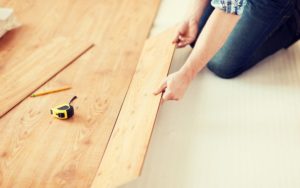

Affordability & Cost
Bamboo floors are not only eco-friendly but also affordable. You can expect to spend around $100 – $150 per square meter for bamboo flooring and a professional installation, with underlay and scotia, included. The cost of bamboo floors will fluctuate depending on factors such as the type of construction and whether you choose a waterproof bamboo or a standard bamboo floor.
Hardwood floors will definitely cost higher. The price of material will vary, depending on the construction, species and thickness.
- Solid Timber Price – The cost of solid timber flooring tends to be around $100 – $150 per square meter for just supply only.
- Glue & Secret Nail Installation – Installation costs will tend to be between $50 – $75 per square metre, depending on whether additional floor preparation (e.g plywood) is required.
- Sanding & Polishing – Raw timber will also require sanding and polishing, which can cost a further $50 – $60 per square metre. Additional timber staining can further push up the price.
We have a full price guide comparison of all types of hardfloors, and bamboo flooring prices in Sydney & NSW.
Hardwood timber flooring ✘ – The most expensive flooring type, in both material and labour.
Bamboo flooring ✓ – Reasonably priced options to suit the majority of consumers. Bamboo flooring is much more affordable than hardwood flooring. Even the water-resistant HydroPro bamboo is more affordable than most solid and engineered hardwood floors.
Winner: Bamboo Flooring
Design
Among the main disadvantages of bamboo flooring is its lack of variety when it comes to colour and styles. It is limited to how the strands of grass can be arranged in order to give the flooring a different visual aesthetic. There are a variety of shades available, these bamboo planks can be carbonised to varying degrees in order to appeal to a broader set of consumer preferences.
At FloorVenue, we offer a wide range of hardwood species to choose from, such as Blackbutt and Spotted Gum for our Australian hardwoods as well as other European Oaks. The design of many other laminate, hybrid and vinyl floors aims to mimic the natural grain and warmth of real timber. Natural hardwood floors can already serve as a beautiful design and are a statement to any visitors that may visit your home.
Hardwood timber flooring ✓ – Vast range of authentic woods. Nothing is more real than real wood.
Bamboo flooring ✓ – Limited colours and styles, however still look great.
Winner: Hardwood Timber
Comfort
Bamboo flooring can tend to have a harder and less comfortable underfoot feel when compared to other flooring types. Solid bamboo floors can also get cold during winter months because they absorb heat from your feet quicker than hardwood flooring. Underfloor heating is a potential solution, but it can be expensive as these systems normally cost several thousand dollars to install.
Hardwood flooring has a very comfortable, natural warmth in its planks which will give your home an inviting and cosy atmosphere. This is particularly beneficial during cold winter days. Hardwood flooring also feels very solid and stable underfoot, as well as having a slightly softer underfoot feel compared to bamboo flooring
Hardwood timber flooring ✓ – The natural warmth of authentic wood, and soft underfoot feel.
Bamboo flooring ✘– Tends to have quite a hard underfoot feel, and can be cold in winter.
Winner: Hardwood Timber Flooring
Cleaning & Maintenance
Both bamboo and hardwood flooring is low-maintenance and easy to clean. They only require a bit of sweeping and slightly damp mopping every so often. The great thing about these floors is that they can look brand new with minimal effort for many years to come. However, cleaning methods such as steam mopping and harsh cleaners are not recommended. It can cause permanent damage to both bamboo and hardwood floors, such as warping boards and darkening of the surface.
We have separate guides for cleaning real timber, and cleaning bamboo floors.
Hardwood timber flooring ✓ – A simple mop and vacuum will suffice. Also gives the option of sanding and polishing every decade or so to get rid of scratch marks and scuffs.
Bamboo flooring ✓ – Similar methods will be very effective on bamboo floors. It cannot be sanded and refinished.
Winner: Hardwood flooring
Conclusion: Is Bamboo Flooring or Solid Timber Flooring Better?
As you have seen above, bamboo and hardwood flooring each have their own benefits and drawbacks. It is hard to look past the natural warmth and glow of natural timber. Timber planks are also a great long-term investment for your home. However, bamboo flooring is known for being an eco-friendly choice and a cheaper alternative to hardwood floors.
Ultimately, while both floor types can be great investments, it depends on your individual circumstances and preferences. Neither floor type is particularly suitable for high moisture environments unless you choose a water-resistant brand like HydroPro, so neither is appropriate in kitchens or bathrooms. Regardless of which floor you choose, you’ll still get a high-quality product that can last for many years to come.
Don’t hesitate to reach out to our friendly team if you have any questions about anything flooring related. We’d love to help you choose!
